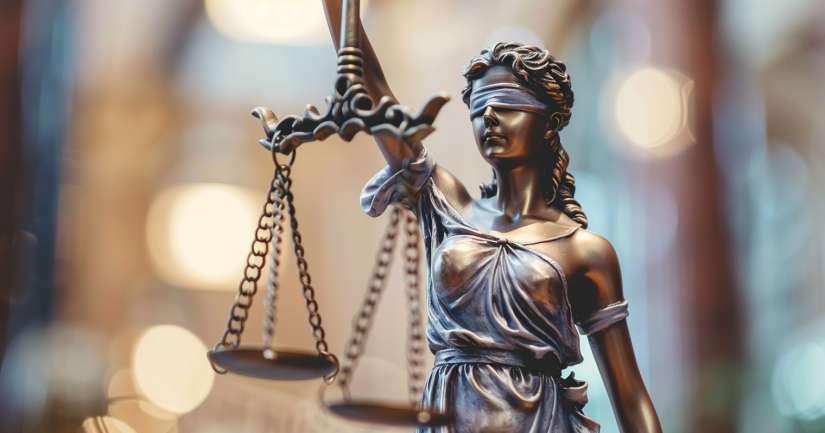WordPress database error: [You have an error in your SQL syntax; check the manual that corresponds to your MariaDB server version for the right syntax to use near ')' at line 3]SELECT quiz_id, question_id, answer_array, question_answer_info, question_type_new, question_settings
FROM lmw_mlw_questions
WHERE question_id IN ()
Step into the world of American history with our engaging Bill of Rights Quiz! This quiz is designed to test your knowledge of the first ten amendments of the U.S. Constitution. You’ll uncover fascinating facts and gain a deeper understanding of the freedoms and protections that shape our daily lives.
Why take this quiz? Well, it’s more than just a set of questions. You’ll discover the origins of your rights and how they impact you today. Each question is a step toward becoming more informed about the principles that govern our nation. It’s a chance to see how well you know your rights and perhaps learn something new along the way.
Are you ready to challenge yourself? Dive in and explore the fundamental rights that empower every American. Whether you’re a history buff or just curious, this quiz offers valuable insights for everyone. Let’s see how much you really know about the Bill of Rights!

Bill Of Rights – FAQ
The Bill of Rights consists of the first ten amendments to the United States Constitution. Ratified in 1791, these amendments were introduced to guarantee essential rights and civil liberties, including freedom of speech, religion, and the press, as well as protections against governmental abuse of power.
The Bill of Rights was created to address concerns raised by the Anti-Federalists during the ratification of the Constitution. They feared that the new federal government would have too much power and could infringe on individual rights. The Bill of Rights was introduced to safeguard these fundamental liberties.
The First Amendment protects several fundamental rights, including freedom of speech, freedom of religion, freedom of the press, the right to peacefully assemble, and the right to petition the government for a redress of grievances. These rights are considered the cornerstone of American democracy.
The Fourth Amendment protects citizens against unreasonable searches and seizures by the government. It requires law enforcement to obtain a warrant, supported by probable cause, before conducting searches of individuals’ homes, properties, or personal effects. This amendment aims to safeguard privacy and personal security.
Yes, the rights listed in the Bill of Rights can be subject to limitations. For instance, freedom of speech does not protect against incitement to violence, obscenity, or defamation. Similarly, the right to assemble can be regulated to ensure public safety. Courts often balance individual rights against broader societal interests.
